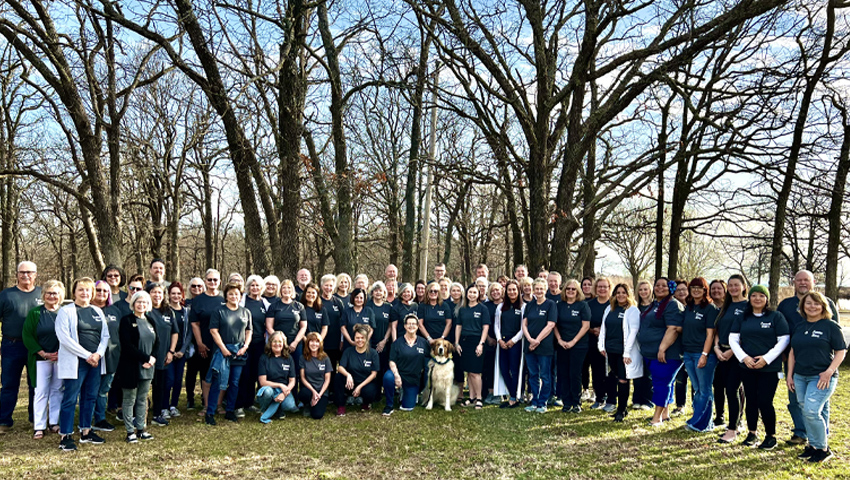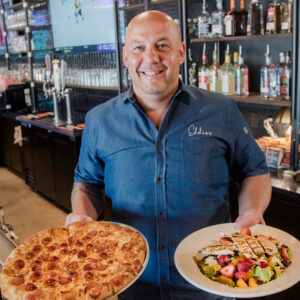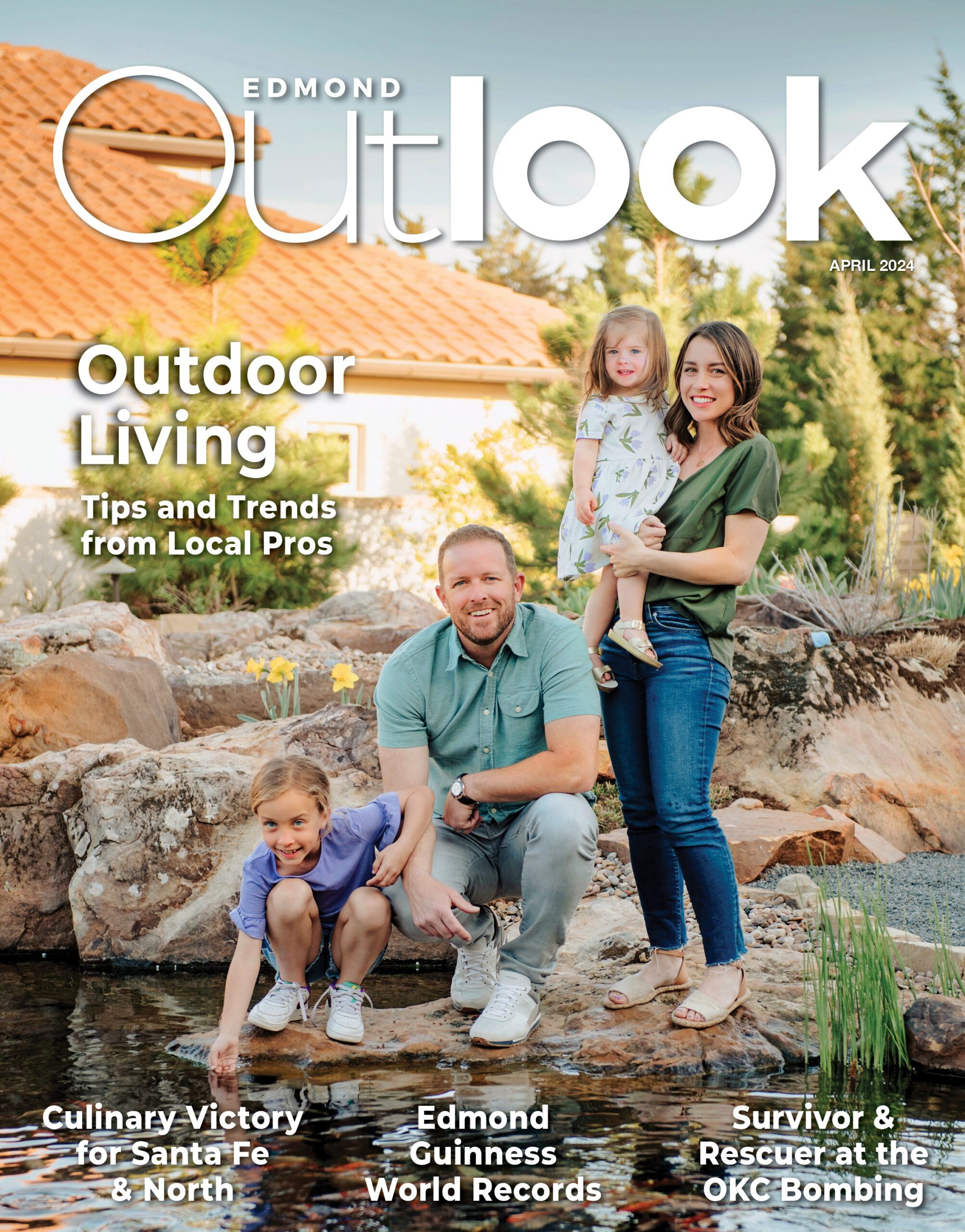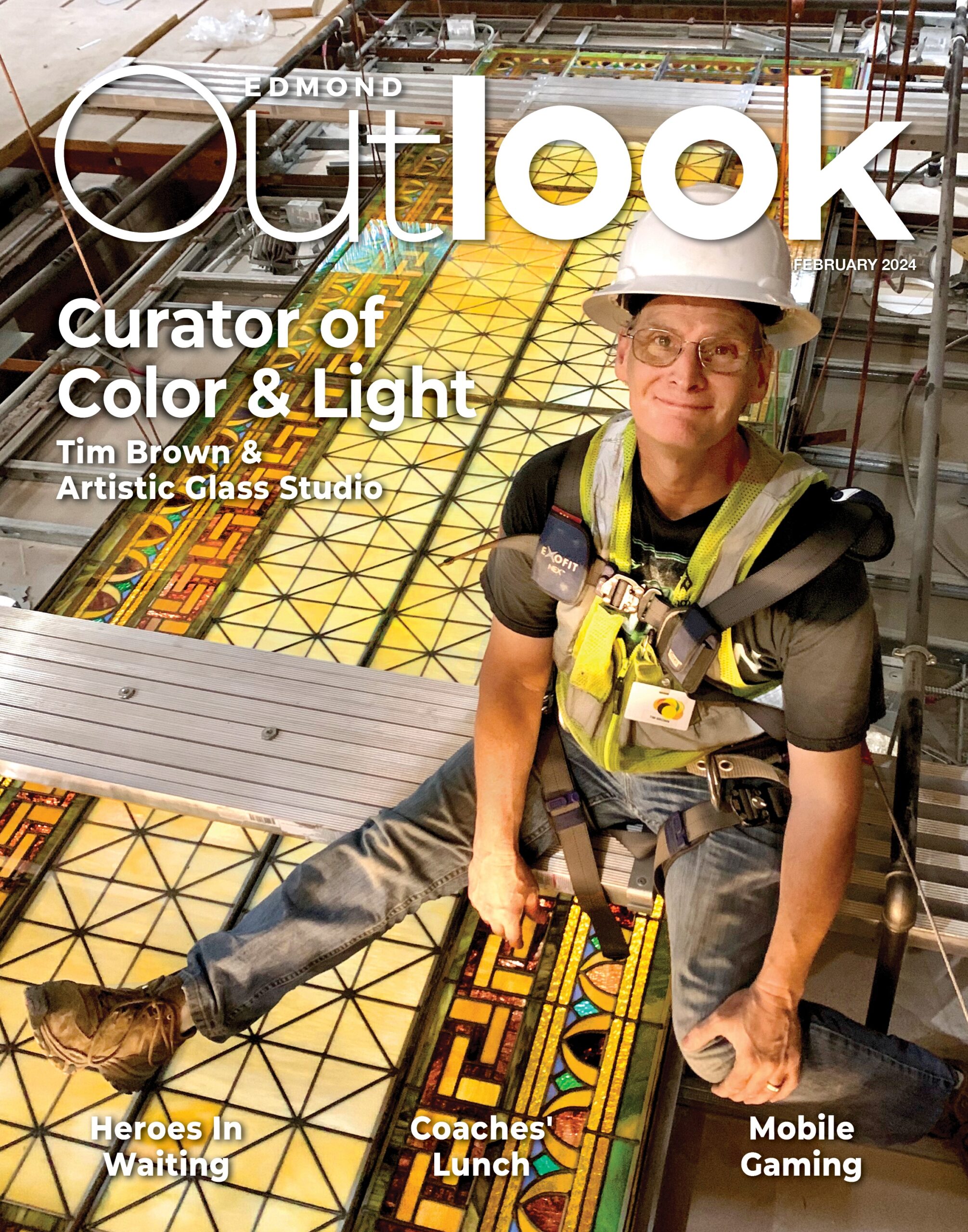New Hope for Families of Addicts

Radically changing the lives of drug addicts, alcoholics, and those who love them
When someone you care about is struggling with drug or alcohol addiction, it’s not easy to find people who understand. Finding Hope offers a safe, welcoming place where people affected by a family member’s addiction can find the healing they need.
One Woman’s Journey of Healing
“Addiction impacts the whole family,” says Amy LaRue, Finding Hope Coordinator. She understands the devastation because she has lived it herself. “When I found out in 2015 that my husband had an addiction to alcohol, I was lost,” she says. “Nobody knew about it. The guilt and shame kept me quiet as well as so many others who have a loved one in addiction.”
Trying to fix her husband’s problem, Amy turned to, Lance Lang, founder of the Hope is Alive addiction ministry, who had previously spoken at her church. He gave her resources for her husband and also encouraged her to check out a Finding Hope group for herself.
Amy was resentful, doubting that she needed help when she wasn’t the one with an addiction. But when she began attending Finding Hope meetings, she found a lifeline. “When you walk into that room, you realize you’re not alone,” she says. “The group helps us find peace and hope no matter what our loved one is or is not doing.”
Eventually, Amy’s husband entered recovery, and she also found her own healing. “I wouldn’t be the person I am today without Finding Hope,” she says. “I have found a new purpose for my life. I’m here to help the next person walk through the storm of addiction.” Amy personally trains and supports every Finding Hope group leader across the US.
Compassionate Support for Families
Finding Hope operates under the umbrella of Hope is Alive, an OKC-based nonprofit that provides mentoring homes and other support for people struggling with addiction. Many resources exist to help people in addiction, but not as many for their families. Finding Hope helps fill that gap.
Finding Hope partners with local churches within communities across Oklahoma and seven other states. The network is growing rapidly. “All we need is a church that’s willing to open its doors, and a trained leader,” says Amy. “We believe that Finding Hope needs to be in every community.”
Along with support groups, Finding Hope sponsors weekend retreats where family members can invest in themselves. They are also launching a new network called Hope After Loss for people who have lost a loved one to addiction. Because of the stigma around addiction, bereaved families don’t always get the support they need from traditional grief groups. Hope After Loss connects them with others who have been there, too.
Finding Hope is free and open to anyone who has been affected by a loved one’s addiction. Unlike Al-Anon, Finding Hope doesn’t adhere to a strict twelve-step model, and every participant is invited to share during each meeting if they choose. The ministry is a faith-based non-profit organization supported by community donations.
“I want to break down the stigma, shame, and guilt around addiction because it’s in every family,” says Amy. “These families need to know it’s okay to reach out for support and recovery for themselves.”
Connect with Finding Hope at hopeisalive.net/findinghope or contact Amy directly by e-mailing her at amy@hopeisalive.net.




